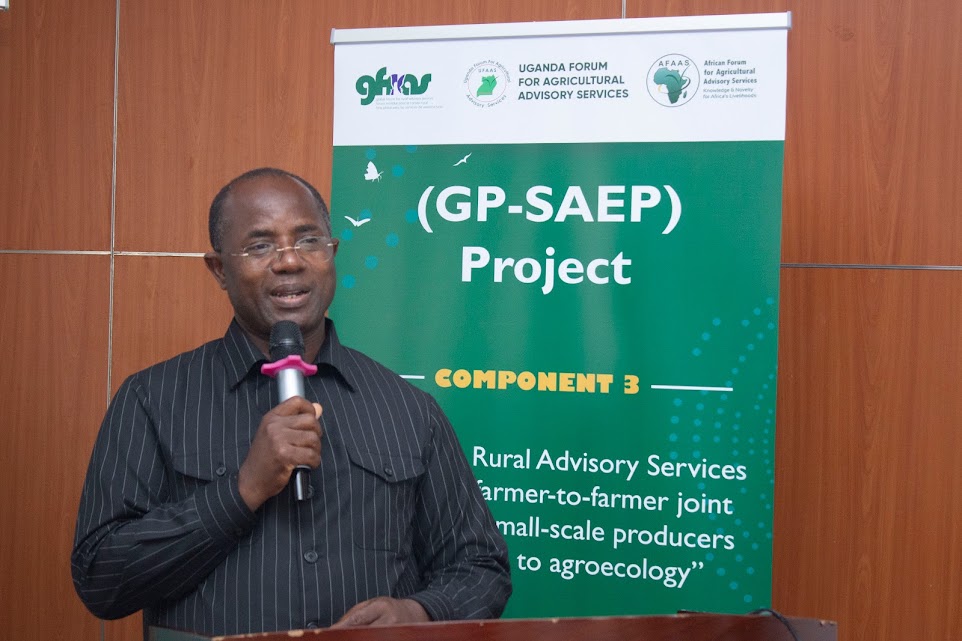With the Roadmap reaching completion in two years (2026), a new initiative, the "Consortium Europe Africa on Research and Innovation for Food Systems Transformation (CEA-FIRST)" project, was launched by the African Union and the European Union alongside a number of implementing partners, under funding from the European Commission through the Horizon Europe R&I Program (Cluster 6). The CEA-FIRST project was launched in December 2023 with seven Work packages (WP):
- WP 1: CEA-FIRST Project and IRC Start-up
- WP 2: Consolidation of Knowledge Management & Monitoring, Evaluation and Learning tools and support to the FNSSA Roadmap update
- WP 3: Strengthening Networking and Stakeholder Engagement
- WP 4: Knowledge and learning facilitation using information generated from the Knowledge Management Platform and the MEL
- WP 5: Implementing IRC Functions Through Stakeholder Engagement
- WP 6: Coordination of CEA-FIRST and IRC Pilots. CEA-FIRST activities will be conducted under the control and guidance of the EC REA Project Officer
- WP 7: Ethics Requirements.
The AFAAS Stakeholder Engagement and Consultation with Farmers & NGOs is part of the organization's broader initiative to enhance agricultural advisory services (AEAS) across Africa.
|
Opening remarks |
Prof. Patrick Okori, Ruforum
Executive Director |
|
Overview of the FNSSA R&I 2016-2026
Roadmap |
Dr. Sokona S. Dagnoko |
|
Presentation of the desk review and survey
results |
Alex Percy-Smith and Prof. Adipala Ekwamu |
|
Discussions |
Dr. Lillian Lihasi, AFAAS |
Key topics included integrating local knowledge with modern agricultural practices, addressing challenges such as climate change, and enhancing the capacity of AEAS providers. The goal is to create a more participatory approach where the voices of farmers and NGOs are actively involved in shaping agricultural policies and practices. This also includes discussions on resource mobilization, capacity building, and the legal recognition of AEAS entities to ensure sustainability and impact. These consultations are crucial for aligning the efforts of various stakeholders to improve rural livelihoods, promote food security, and increase agricultural productivity across the continent.
Related:
Global Programme for Small-scale Agroecology Producers and Sustainable Food Systems Transformation (GP-SAEP)This EU-funded programme - 23.2 M EUR, including EUR 18.2 million from the EU and EUR 5.0 million from Belgium - has the objective to enable rural small-scale producers to strengthen their practice of agroecology through better access to knowledge, support services, improved technologies and market outlets thereby improving their resilience to climatic, environmental and socio-economic shocks and stressors as well as food and nutrition security and incomes. The programme is structured around four components focusing on:- Improving access to agroecological bio-solutions, including seeds, bio-inputs (organic fertilisers and bio-pesticides) and mechanical equipment adapted to small-scale agroecology farming practices;
- Strengthening value addition and markets for agroecological produce harnessing sustainable food system benefits;
- Increasing access to knowledge and empowering small-scale producers in agroecological transition through Rural Advisory Services (RAS) and farmer-to-farmer joint learning;
- Expanding the Economic and Financial Analysis of investments2 (EFA+) taking into account avoided negative externalities and broader medium to long term food system sustainability benefits, knowledge management and sharing.
Moreover, the programme will support the Coalition for Food System Transformation through Agroecology (UN-FSS AEC). Bioversity International will receive EUR 1.2 million of the EU funding to host the UN-FSS AEC and finance the operations of the Coalition Secretariat.



No comments:
Post a Comment